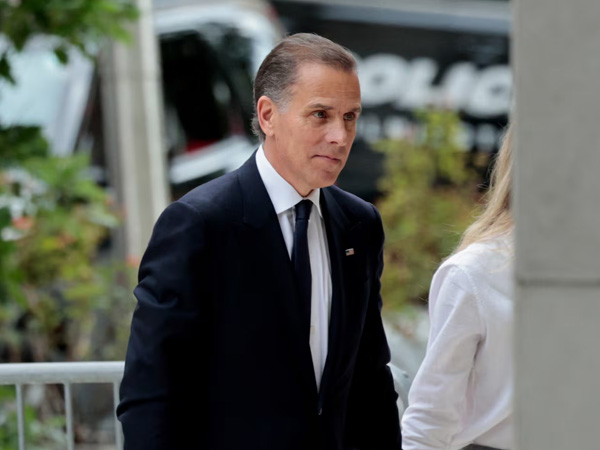Controversy Over Presidential Pardon: The Case of Hunter Biden
President Joe Biden pardoned his son Hunter, citing concerns about ongoing political persecution from opponents. The move sparked criticism from both Republicans and Democrats, raising questions about selective prosecution, political influence, and impartiality in the justice system. Hunter faced tax and gun charges but was believed by his father to be unfairly targeted.

In a surprising turn, President Joe Biden has granted an unconditional pardon to his son Hunter Biden, expressing concerns of relentless persecution by political adversaries. The move, officially announced on Monday by the White House, raises debate over its implications on the rule of law and political impartiality.
Joe Biden's decision comes amid persistent accusations against Hunter, primarily rooted in tax offenses and gun charges. The younger Biden has long been at the center of Republican scrutiny, though connections to illegal activities remain unsubstantiated. White House spokesperson Karine Jean-Pierre emphasized that political motivations played a role in his relentless targeting.
The pardon has drawn mixed reactions, with Republicans decrying potential corruption and some Democrats voicing concerns about its effect on public trust and legal norms. Meanwhile, comparisons have arisen to past presidential pardons, highlighting complexities inherent in familial and political ties within high-stakes political arenas.
(With inputs from agencies.)
ALSO READ
Controversy Surrounds Matt Gaetz's Nomination Amid Ethics Report Call
Controversy Unfolds: Ethics Report on Matt Gaetz Amid Senate Confirmation Debate
Infiltration Controversy: Sarma's Bold Claims
Bangladesh Tribunal Pursues Ex-PM Hasina Amid Controversy
Controversy Unleashed: Senator Thorpe Challenges King's Sovereignty










